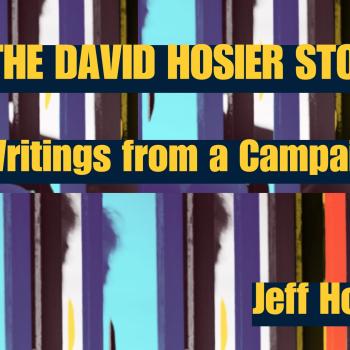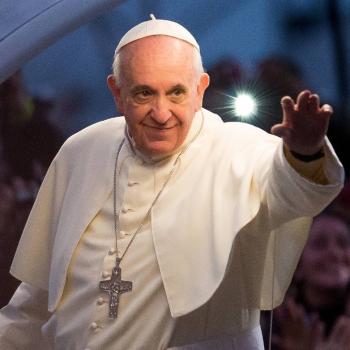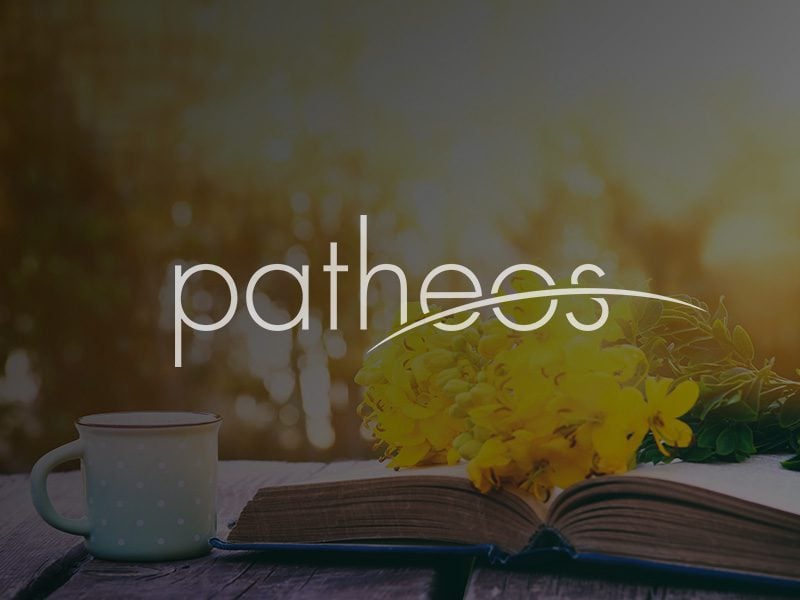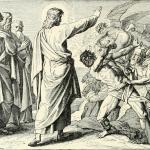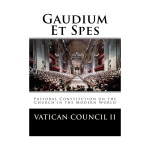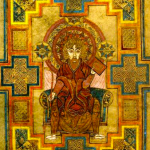We hear it from leaders of all stripes, any time violence breaks out: “This is not who we are.”
My first response when I hear this is generally cynicism: clearly, the fact that “this” has happened means that we have shown it to be exactly who we are. But then, as I think about it, I see the underlyingly aspirational nature of such statements. In other words, what they’re really saying is, “This is not who we want to be.” And nothing shows us more starkly what we don’t want to be than what, in our worst moments, we do in fact become.
One of the things we are here in the United States of America is a society with a long and deep infatuation with violence in many ways. Some of these ways, to some degree, manifest themselves with a distinctly American flavor, though we are by no means unique in the trust we place in violence to solve problems. And every time violence is turned to as a problem-solver anywhere, it risks spiraling into the self-feeding cycle where every action is justified by the previous one.
Already, some have begun to seize on the narrative violence provides, sweeping up any legitimate criticism with appeals to violence as one and the same. One person’s terrible choice to respond to the threat of autocracy with immediate, tangible violence has enabled this narrative by making the would-be autocrat a victim, which can only make the actual threat worse – an all-too-perfect example of how violence is not only immoral, but also ineffective.
Perhaps what is most dangerous about the present moment is that this is, in part, who we are: a people that puts its faith in violence to save us. It’s true that the temptation to trust in violence is a deep-seated part of our fallen human condition more broadly. But it’s also true that we can choose to turn from it. The desperate declarations from all sides that “this is not who we are,” even if somewhat naive, contain the desire (also deep within the human condition) to choose a better way. So yes, this is who we are. But it’s not all we are. And it’s not who we inevitably must be.
By reminding ourselves of “who we are” in our better aspirations, may we allow it to become true in fact.




